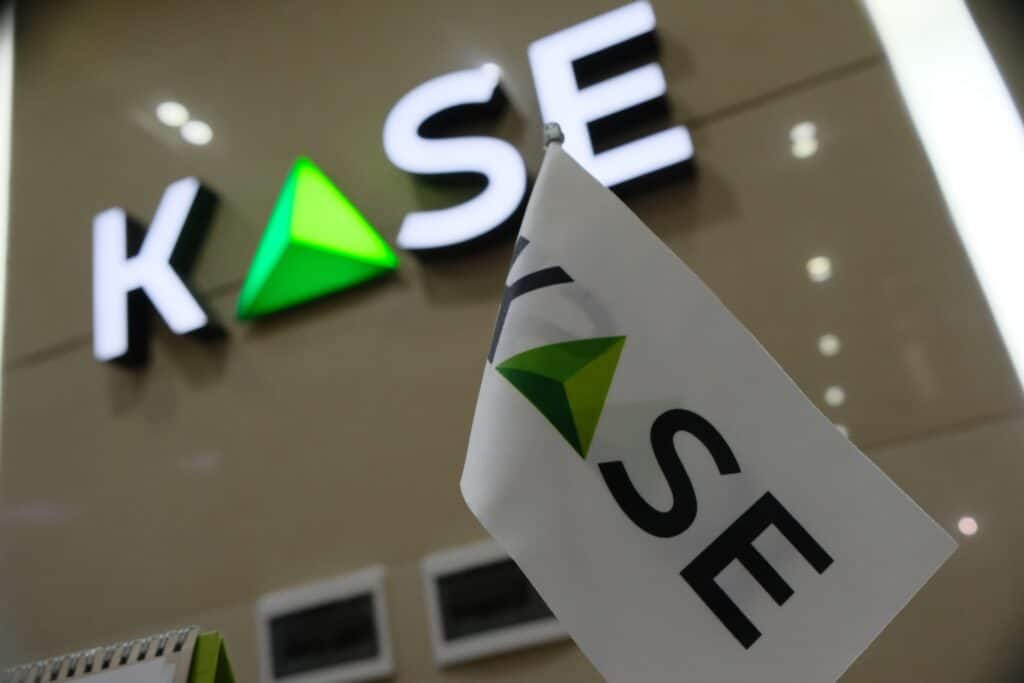KASE says it is not bothered with US sanctions against MOEX

According to the Kazakhstan Stock Exchange (KASE), American sanctions against the Moscow Exchange (MOEX) won’t bring any legal consequences for KASE, as the Russian exchange controls just a small fraction of it.
On June 12, the U.S. Office of Foreign Assets Control (OFAC) of the U.S. Department of the Treasury added the Moscow Exchange (MOEX) to its SDN list, which means all its accounts in American banks and depositories must be blocked, whereas US citizens and entities are prohibited from any sort of cooperation with the exchange. MOEX already announced that it would stop trading with US dollars and euros.
Contrary to what is believed, there are no secondary sanctions that automatically hit partners of any company that was added to the SDN list. Sometimes, these measures might be applied to subsidiaries of a sanctioned entity if they control at least a 50% stake in their registered capital.
Given that MOEX owns just 13.1% of KASE shares, the latter can’t be considered a company controlled by a sanctioned entity.
«The Kazakhstan Stock Exchange and KASE Clearing Center operate as usual. Trading, clearing and settlement activities will be carried on within standard procedure. KASE will revise its relations with MOEX by taking into account sanction limitations,» KASE said in a statement.
In November 2023, Alina Aldambergen, head of the exchange, commented on the risk of sanctions saying that KASE was rigorously analyzing these risks. At the same time, she mentioned that the only sphere where the two exchanges cooperated was IT.
«KASE is very serious when it comes to compliance with legal requirements. We will stop having any relations with people under sanctions. The Moscow Exchange isn’t currently under sanctions. We are reviewing international requirements and taking advice from specialists. We’re going to take necessary actions based on those recommendations,» said Aldambergen at the time.
In late December 2023, the U.S. imposed sanctions against SPB Exchange, the second biggest stock exchange in Russia, specializing in providing access to foreign stocks. SPB Exchange also used to control 10% (minus one share) of the International Trading System (ITS) within the AIFC jurisdiction. However, after being sanctioned by the U.S., the SPB Exchange sold its share in the ITS to Roman Goryunov, the former CEO of the SPB Exchange.

